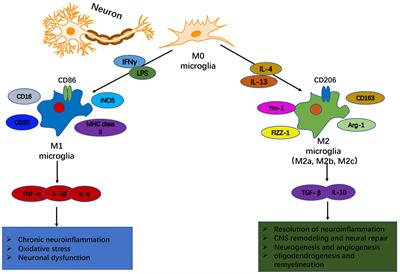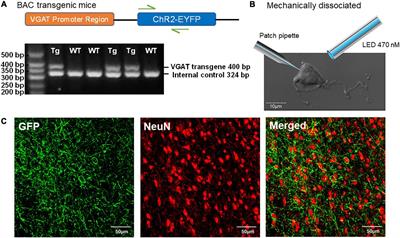ORIGINAL RESEARCH
Published on 27 Apr 2022
Bioinformatics Analysis of Publicly Available Single-Nuclei Transcriptomics Alzheimer’s Disease Datasets Reveals APOE Genotype-Specific Changes Across Cell Types in Two Brain Regions
doi 10.3389/fnagi.2022.749991
- 4,165 views
- 5 citations




